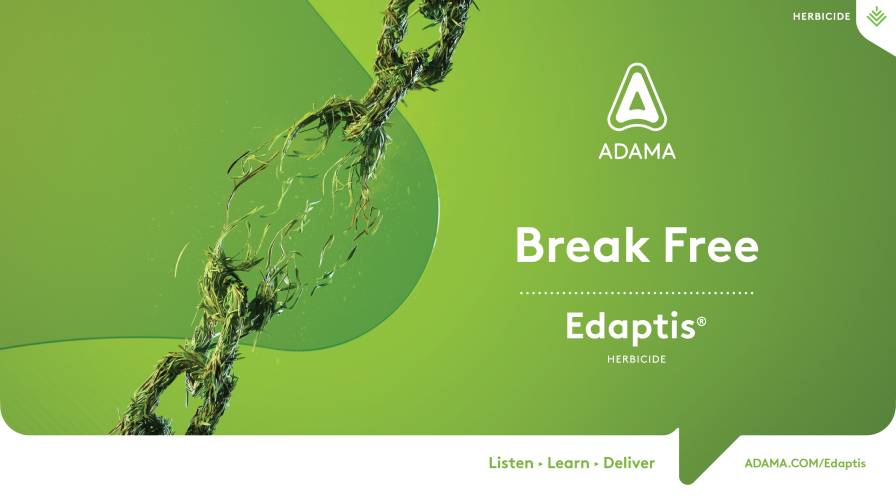Paraguay: Biotech Soybeans Reach 90% Share In 4 Years
Paraguay, the world’s fourth largest soybean exporter, has seen another 10% increase in biotech soy area, pushing the total soy area planted to biotech varieties to 90%, according to the US Dept. of Agriculture’s Foreign Agriculture Service (USDA-FAS). As recently as the 2003/04 season, the country did not permit the use of biotech seeds.
Paraguayan farmers agreed in March 2005 to pay royalties to Monsanto to use its biotech soybeans starting with the 2004/2005 crop year. Since then, Monsanto and the farmers have agreed upon the price based on each year’s production campaign.
Paraguay is still working to pass and implement a biosafety law. Since 2003, the Paraguayan National Congress has been evaluating a draft biosafety bill that would regulate the eventual production and commercial release of biotech products in Paraguay. The Ministry of Agriculture drafted the bill along with the Food and Agriculture Organization (FAO). As the bill is written, the Ministries of Agriculture, Environment and Health will jointly enforce the law, while the Biosecurity Commission, created in 1997, will advise the Ministries on technical issues.
The National Service of Seed and Vegetables Quality (SENAVE) would advise the Ministry of Agriculture on policy issues.
In October 2004 the country approved four soybean varieties containing Roundup Ready (RR) genes for planting and marketing. This season, about 90% or 2.6 million hectares (Ha) of the country’s total soybean area is planted with RR varieties.






